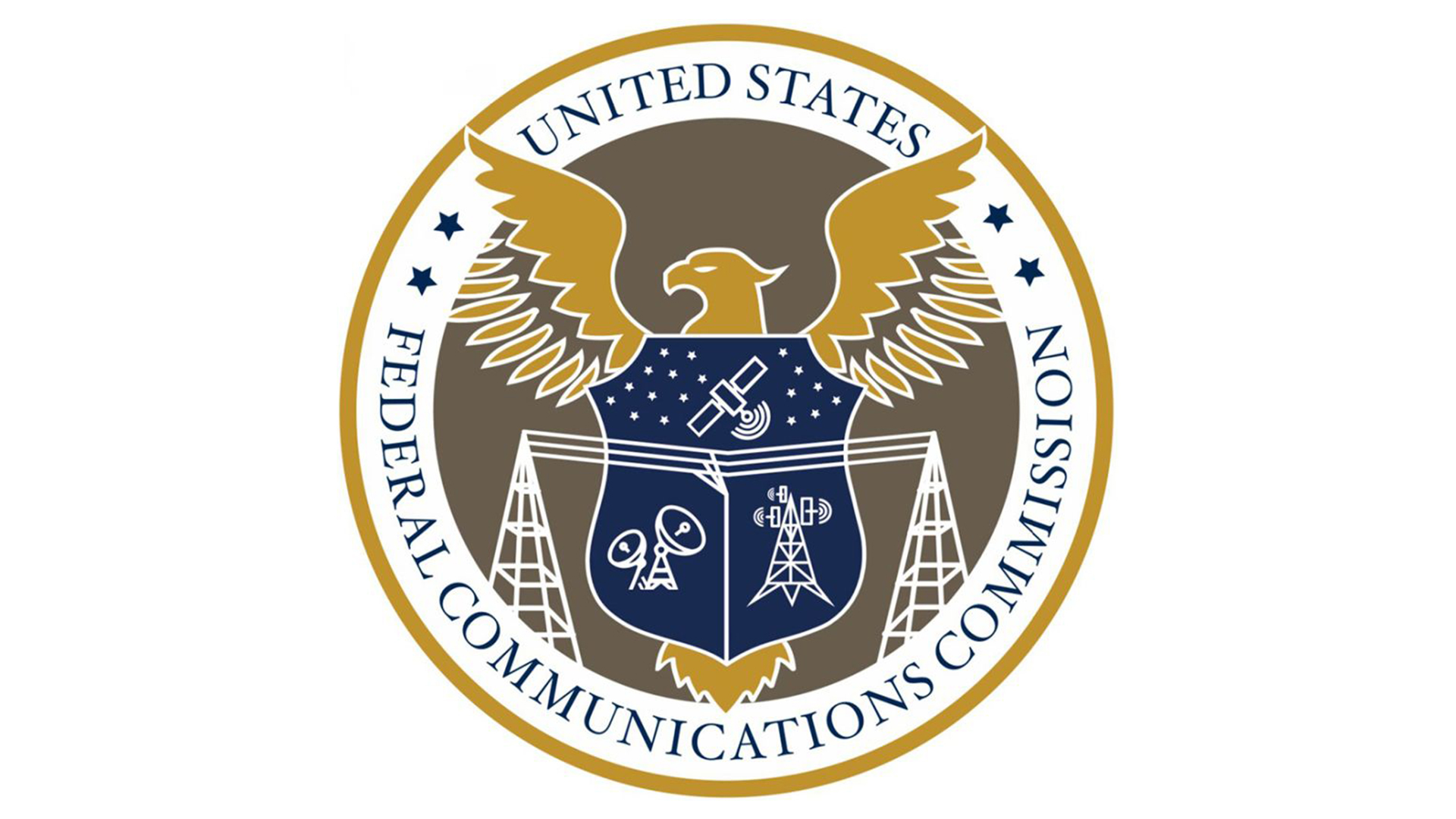Groups Seek FCC Stay of Ligado Decision, Citing Congressional Guardrails
Said GPS impact review must happen before terrestrial network can proceed

The smarter way to stay on top of the multichannel video marketplace. Sign up below.
You are now subscribed
Your newsletter sign-up was successful
Most of a hundred groups from the American Bus Association to Lockheed Martin to the National Cotton Council have asked the FCC to immediately stay its Ligado decision, continuing to argue that it could interfere with GPS and threaten commercial and military aviation.
That came in a letter to FCC Chairman Ajit Pai and the other commissioners. Pai is exiting after today (Jan. 19) so a decision would have to come ASAP.
RELATED: House Armed Services Committee Members Take Aim at FCC's Ligado Decision
The 2021 National Defense Authorization Act (NDAA), which passed late last year, put guard rails around an FCC decision that allows Ligado to use satellite spectrum adjacent to GPS for terrestrial 5G, something the groups pointed out in seeking the stay.
The groups point out that the NDAA: (1) [R]equires an independent technical review of the Ligado Order; (2) requires the Department of Defense (“DoD”) to submit an estimate to Congress of the full range of damages caused by the Order to the Federal government; (3) prohibits DoD from contracting with any entity that engages in terrestrial service in the L-band absent a certification from the Defense Secretary that such service does not cause harmful interference to any DoD Global Positioning System (“GPS”) devices; and (4) prohibits DoD’s use of taxpayer funds made available via the NDAA to mitigate the damages incurred by DoD."
Given the independent review requirement, they argue, the FCC needs to stand down since it would not be able to put "the genie back in the bottle" if Ligado started deploying equipment.
Also Read: FCC Says Senate Ligado Attacks are Fear Mongering
The smarter way to stay on top of the multichannel video marketplace. Sign up below.
Despite pushback from GPS entities and some federal agencies, the FCC voted unanimously April 20 to approve Ligado's (formerly LightSquared) application to deploy a low-power terrestrial 5G network in the L-Band satellite spectrum, one of a series of FCC decisions meant to free up more spectrum for 5G. But DOD, with the backing of Armed Services Committee members in both houses of Congress, campaigned hard against Ligado and the FCC decision and continue to try to mitigate what they see as the potential interference to critical navigation and positioning systems.
But the language was added to the NDAA to make sure that Ligado does not interfere with satellite communications before proceeding with its plans, plans the groups want to make sure don't proceed by getting the FCC to stay the decision.
Contributing editor John Eggerton has been an editor and/or writer on media regulation, legislation and policy for over four decades, including covering the FCC, FTC, Congress, the major media trade associations, and the federal courts. In addition to Multichannel News and Broadcasting + Cable, his work has appeared in Radio World, TV Technology, TV Fax, This Week in Consumer Electronics, Variety and the Encyclopedia Britannica.

